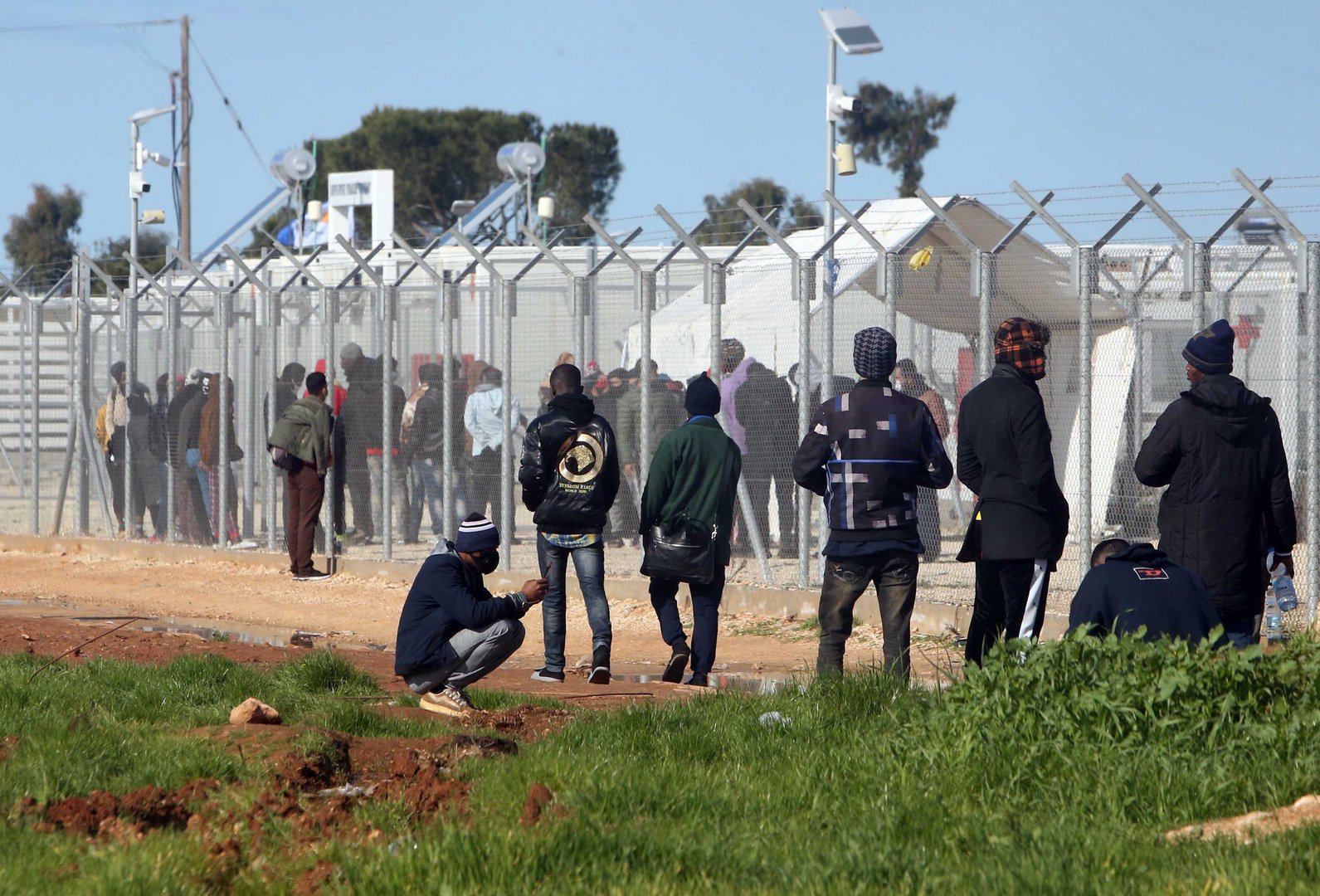Cyprus needs to implement better health vulnerability checks on incoming migrants, resolve issues related to unaccompanied minors and clear its backlog of asylum claims, the EU’s migration ‘czar’ said on Friday.
The European Commission’s director-general for migration and home affairs Corina Ullrich was speaking during a visit to the island, during which she had discussed various matters to do with the new “pact” with local stakeholders.
She said Cyprus has already done “a great deal of work” which “some other member states now need to start” in terms of infrastructure but noted that there were some areas where the island requires improvement.
To this end, she said the implementation of the redesign’s various stipulations within two years is “a very difficult task” for all member states.
“Although the pact consists mostly of regulations, there is a lot to be done and infrastructure to be prepared and staff to be in place,” she said.
Speaking on the matter of the pact’s text, she said Cyprus is “on a very good path” on six of its 10 points, but that the remaining four “need a lot of work”.
One of those four points which need work is Cyprus’ border control process, with the island needing to implement health vulnerability checks on incoming migrants to comply with the new regulations.
Additionally, Ullrich said, Cyprus has a “big issue” related to the matter of unaccompanied minors arriving on the island.
To this end, she said the existing facility in Kofinou which houses unaccompanied minors who arrive on the island is “not really suitable in terms of infrastructure”.
She also pointed out Cyprus’ backlog of asylum cases, saying that “this needs to be sorted out because there are too many cases which exceed the absolute maximum limit of 21 months” from the lodging of an application to a decision being made.
“This is about hiring the right people,” she said.
To this end, she touched on the matter of applications being filed by Syrian nationals, saying that it is “important to ensure that no additional backlog of applications is created”.
President Nikos Christodoulides had in April announced that Cyprus had suspended its processing of asylum claims for applicants of Syrian origin.
This announcement was rationalised two days later to mean that the government would act in this regard to the extent that European Union law will allow, and wait the maximum allowed period of time – 21 months – between the submission of an asylum application and it being examined.
Ullrich said that work is now underway at the commission to determine the challenges faced by each individual member state, with the hope of identifying as soon as possible the work which needs to be done so the pact can be implemented by the middle of 2026.
With this in mind, she said Cyprus was one of the first three member states to submit its needs assessment to Brussels, and that this timely submission allowed her to plan and execute Friday’s trip to the island.
She said she had visited the migrant reception centres in Pournara and Kofinou, and seen the work being done in the Limnes area, describing what she had seen as “very impressive”.
“You are already halfway there,” she said, adding that Cyprus is “in a good place, because there are already people in the country who have been cooperating with [us] for some time.”
“This is why we have already created working mechanisms, but we already know Cyprus quite well, so I think we already have a good starting point to be able to complete things here by 2026, which is not necessarily the case for all member states,” she said.
Moving onto other matters, Ullrich then congratulated Cyprus for its thus far successful collaboration with the European Union Agency for Asylum (EUAA) and the EU’s border service Frontex, saying “we understand that cooperation on the ground is very good.”
However, she did note that EU agencies are “only meant to come and help when there is an emergency and cannot stay together in the same place doing that job during normal times.”
She said that therefore, Cyprus should begin to “think about the gradual replacement” of the EUAA and Frontex workers who are currently stationed on the island.
The EU redesigned its migration system in April, with Interior Minister Constantinos Ioannou at the time describing the move as a “step in the right direction”.
The redesign consists of 10 separate pieces of legislation, all of which were passed by the European parliament during a late-night session in April. It provides for a stricter and more unified approach across the bloc to the processing and settling of asylum seekers.
Included in the legislation are provisions for “solidarity” between member states, which includes the voluntary taking on of asylum seekers by states which have the ability to do so, as well as providing financial contributions and operational and technical support.
There are also provisions to help EU countries manage surges in migrant flows, as well as screening of third country nationals upon their entry to the EU, with identity checks, biometric data collection and other checks. This process could take up to seven days.
In addition, regulations regarding the Eurodac database will be altered, allowing for the fingerprints and photographs of those entering the EU illegally to be stored indefinitely.
There are also provisions for faster processing of asylum claims and more watertight rules on asylum claims, as well as uniform reception standards for asylum seekers in terms of housing, schooling, and healthcare.
Additionally, member states have agreed to take in people who have already had their asylum claims ratified in other member states on a “voluntary” basis.







Click here to change your cookie preferences